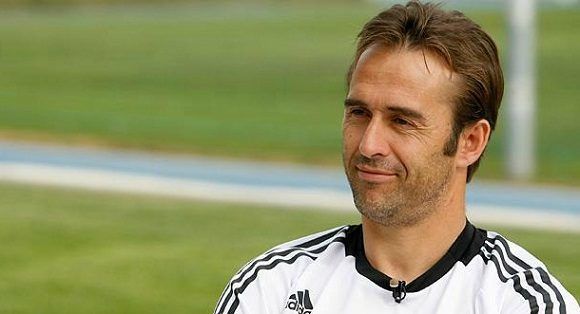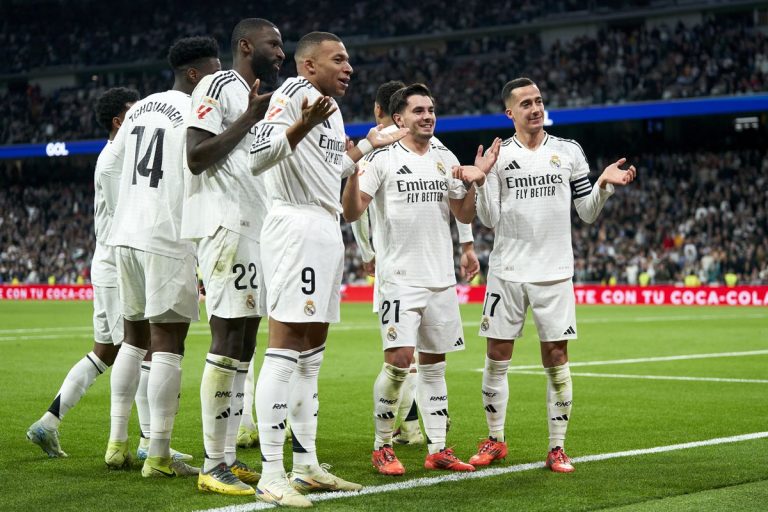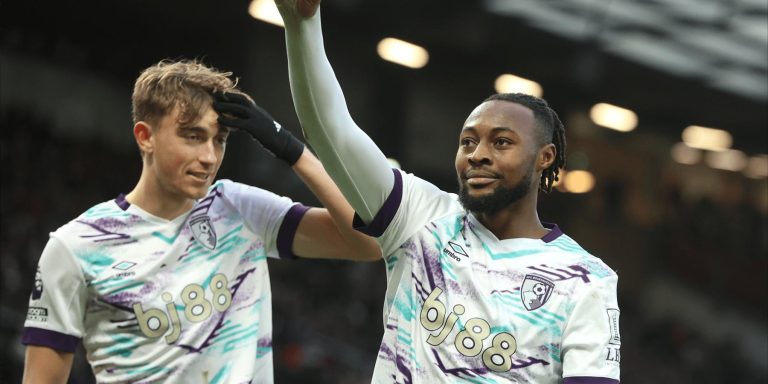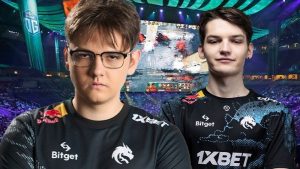Taking to the stage after The Beatles would have been an unenviable task for any band, yet, strangely, Julen Lopetegui should be able to understand that phenomenon after the announcement of his impending Real Madrid adventure.
Sure, it is a once-in-a-lifetime opportunity, but can he realistically live up to the success and sheer adoration that has gone before?
Zinedine Zidane is The Beatles. The Frenchman enjoyed a quite remarkable tenure at the club – one that defies belief.
Within six months of his January 2016 appointment, Zidane led Madrid to Champions League success, defeating pretenders and city rivals Atletico Madrid in a penalty shoot-out.
Suggestions of being “lucky” were never far away – after all, Roberto Di Matteo won the Champions League via the same method while in charge of Chelsea before enduring something of a slide.
But Zidane proved himself to be a rather different beast to the average coach, winning LaLiga in 2016-17 alongside another Champions League title, making Madrid the first club to retain the trophy in the competition’s current guise.
And, just five days before stepping down, Zidane did what few thought was possible, presiding over a third successive crown among Europe’s elite to leave with more Champions League titles to his name than years spent in charge.
He is surely as close to an impossible act to follow as there has ever been at the helm of Real Madrid. Lopetegui is the man who will attempt to do the unimaginable after leading Spain at the World Cup.
From the outset, Madrid fans need to accept Lopetegui will not win three Champions League titles in his first three seasons, but that does not mean he is destined for failure.
Much has been made of Madrid’s disappointing campaign in LaLiga last term, finishing third and well adrift of rivals Barcelona. While Champions League success will always be the club’s main target, usurping Barca domestically is a good place to start.
There is no getting away from the fact that Lopetegui’s appointment has come as a surprise, particularly considering he agreed a contract extension with Spain less than a month ago.
Yet, when you consider the situation, it is a marriage which makes sense.
Zidane’s relationship with his squad was always seen as a major contributor to his success – the players, including Cristiano Ronaldo, loved him and played for him. Lopetegui – who came through Madrid’s academy – has had a similar impact with Spain.
When the 51-year-old took over after Euro 2016, he inherited a squad seemingly devoid of joy and hunger on the pitch following their last-16 knockout to Italy.
But in just under two years at the helm, he has successfully crafted a team that plays as a unit and appears completely functional all over the pitch, finding a balance between experience and youth.
Many have been quick to highlight the importance of his rapport with the team, something he was regularly praised for while in charge of several of Spain’s youth sides, having acted as assistant for the Under-17s, before coaching the Under-19s, 20s and 21s.
This attitude has been particularly notable in his public statements about Isco, who has been in and out of favour under Zidane.
Speaking in March, Lopetegui said: “I’m not going to talk about Real Madrid and Zidane’s decisions. I haven’t learnt anything new with Isco’s performances, I’m so pleased to have him with us. I hope that he will be happier with his club in the next two months and then join up with us again.”
Zidane is the toughest of acts to follow, but at least Isco will be excitedly applauding Lopetegui on to the stage.
















